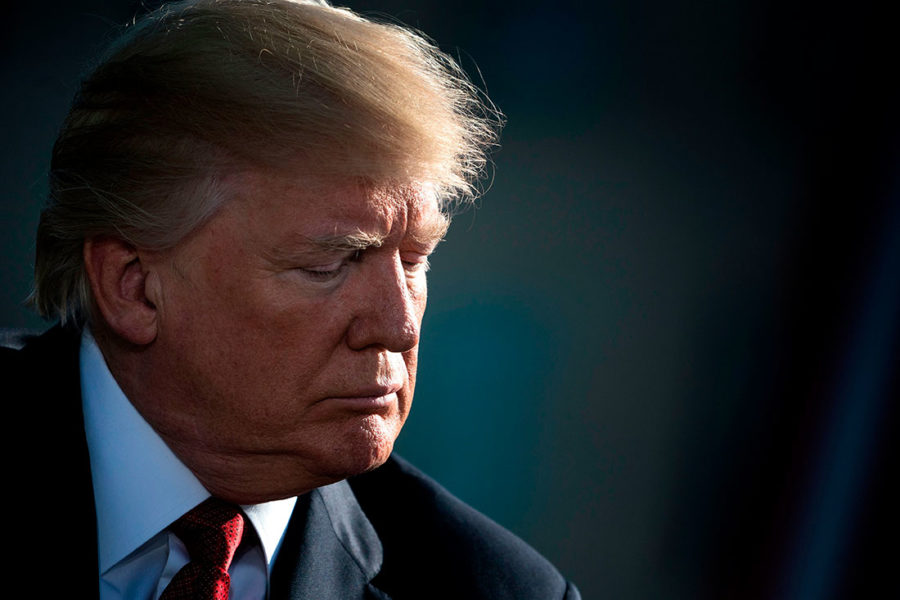Social media, free speech and democracy: Moving forward after the 2020 elections
A week following the insurrection against the U.S. Capitol, the U.S. House impeached then-President Donald Trump with incitement.
March 2, 2021
The Iowa State University Lecture Series will host an online discussion titled “Post-Election and Post-Impeachment: What’s Next?” at 7 p.m. Wednesday.
The event will be moderated by Kelly Winfrey, assistant professor journalism and communication. The panelists include Julie Roosa, adjunct assistant professor of journalism and communication; Zack Bonner, lecturer of political science; and Dirk Deam, teaching professor of political science.
Winfrey said a number of topics will be addressed, such as accusations of voter fraud, the role of traditional and social media in politics and political information, free speech and how former President Donald Trump’s second impeachment ties into the insurrection of the U.S. Capitol.
“I think the big picture of this event is to unpack what has happened to American democracy in the past few months and how we can move forward,” Winfrey said.
Aside from the events at the Capitol, the discussion will also include conversations comparing President Joe Biden and his administration’s agenda and approval in these first six weeks compared to Trump.
On Jan. 6, a pro-Trump mob breached the Capitol and sought to overturn the results of the Electoral College. Popular social media platforms were used by the mob to organize the riot. With the planning and organization of the event taking place on social media, questions about the First Amendment may arise about what can be allowed on social media platforms.
“I anticipate discussing the intersection of free speech and violence, especially as it relates to the Jan. 6 insurrection,” Roosa said, noting that the First Amendment does not typically apply to social media. “I also hope to address de-platforming and social media and how the First Amendment applies.”
A new development in the investigation of the insurrection was announced by the FBI today. FBI Director Christopher Wray told the Senate Judiciary Committee that the FBI has classified the event as “domestic terrorism.”
“That attack, that siege, was criminal behavior, plain and simple, and it’s behavior that we, the FBI, view as domestic terrorism,” Wray told lawmakers.
Winfrey said this statement will have relevance to the lecture.
“This classification elevates the significance of the event and positions it as something to fight against rather than another opinion,” Winfrey said.
This lecture is co-sponsored by the Committee on Lectures (funded by Student Government), the Carrie Chapman Catt Center for Women and Politics, the Greenlee School of Journalism and the political science department.
The lecture can be accessed via Webex.







